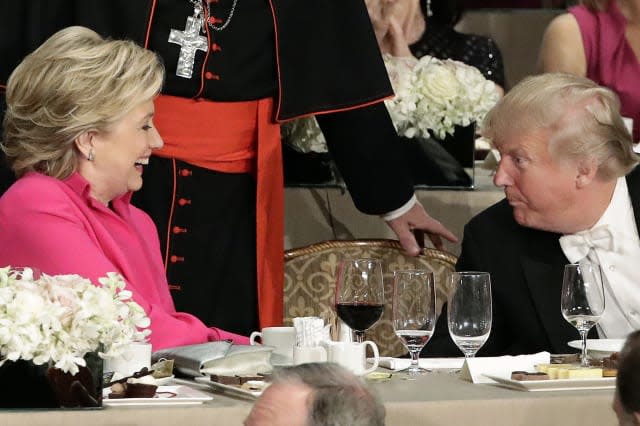In 2016 does money really equal power?

The world may be coming to terms with the latest news from the United States but how has money affected the outcome of the presidential election?
It's an age-old adage, but does money really equal power? Here, along with help from AXO Finans, we take a look at how cold hard cash influences the race.
It will come as no surprise to most that when it comes to the gender distribution of those donating to the two campaigns, Clinton was leagues ahead with a very narrow split between men and women (46% and 54% respectively).
Trump however received a staggering 73% of his donations from men and a mere 27% from women,
In this election Hillary Clinton may not have been the eventual winner but she was certainly in front when it came to fundraising.
The candidate and her supporters managed to raise 210% more funding than Trump.
How has money affected presidential races in the past?
Well, AXO Finans found that since the 1976 race between Carter and Ford the combined funding for candidates has risen by a whopping 471% from $210 million to $1.2 billion.
Obama illustrates this well, he managed to raise more money for his campaign than the last three Democrat campaigns before him.
The current president also spent 15 more per vote than the amount Ronald Reagan spent on his second term.
What's the impact of the election on markets?
In the aftermath of the news that Trump had been elected as the new president it was also revealed that the US dollar had plummeted along with the Mexican peso.
It wasn't long before European shares followed suit. In the meantime, the Japanese yen and gold both surged ahead.
Want to learn more about the financing of the US election? Take a look at the interactive infographic below and you can delve right down into the money involved!
Does Money Equal Power? by Axo Finans



